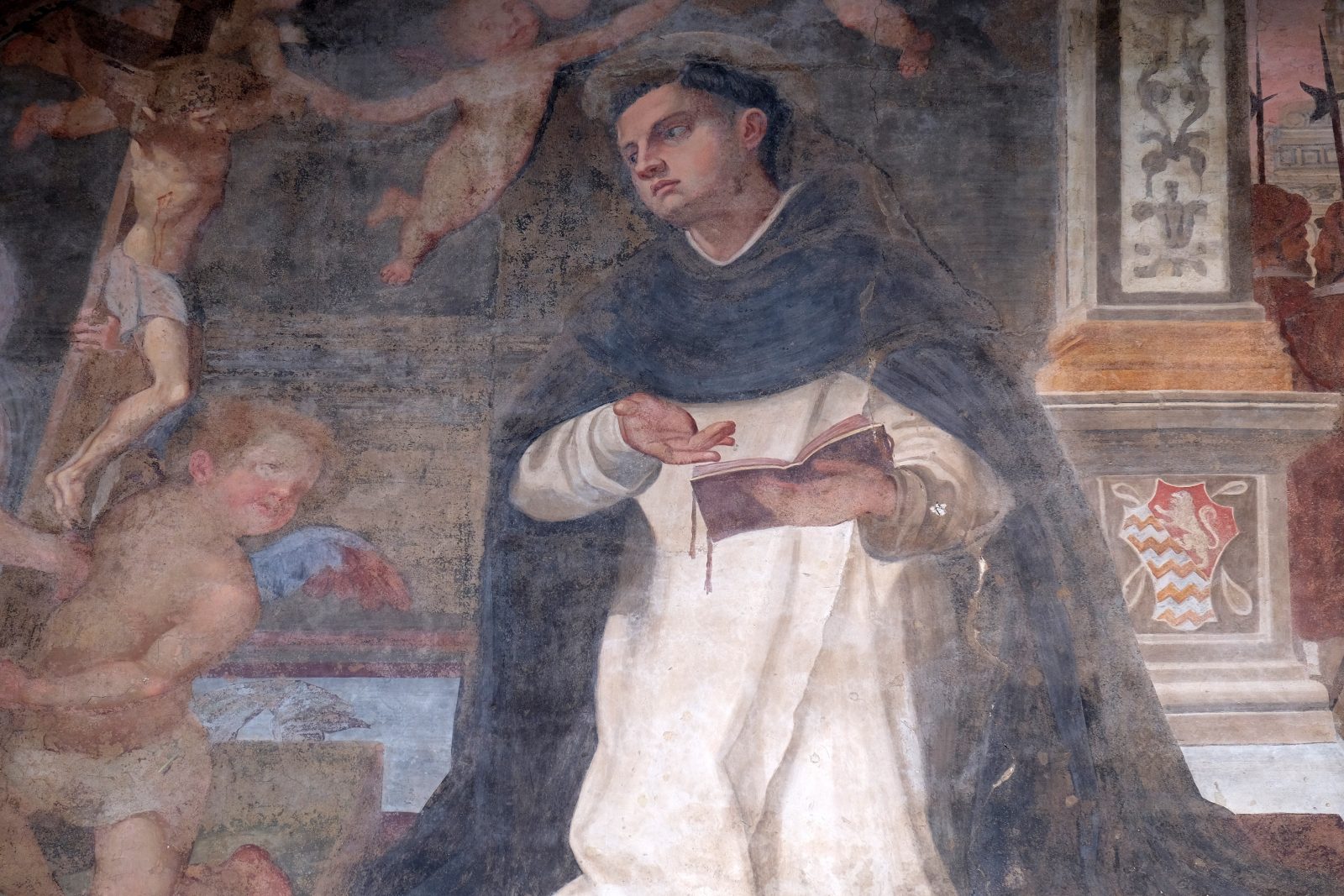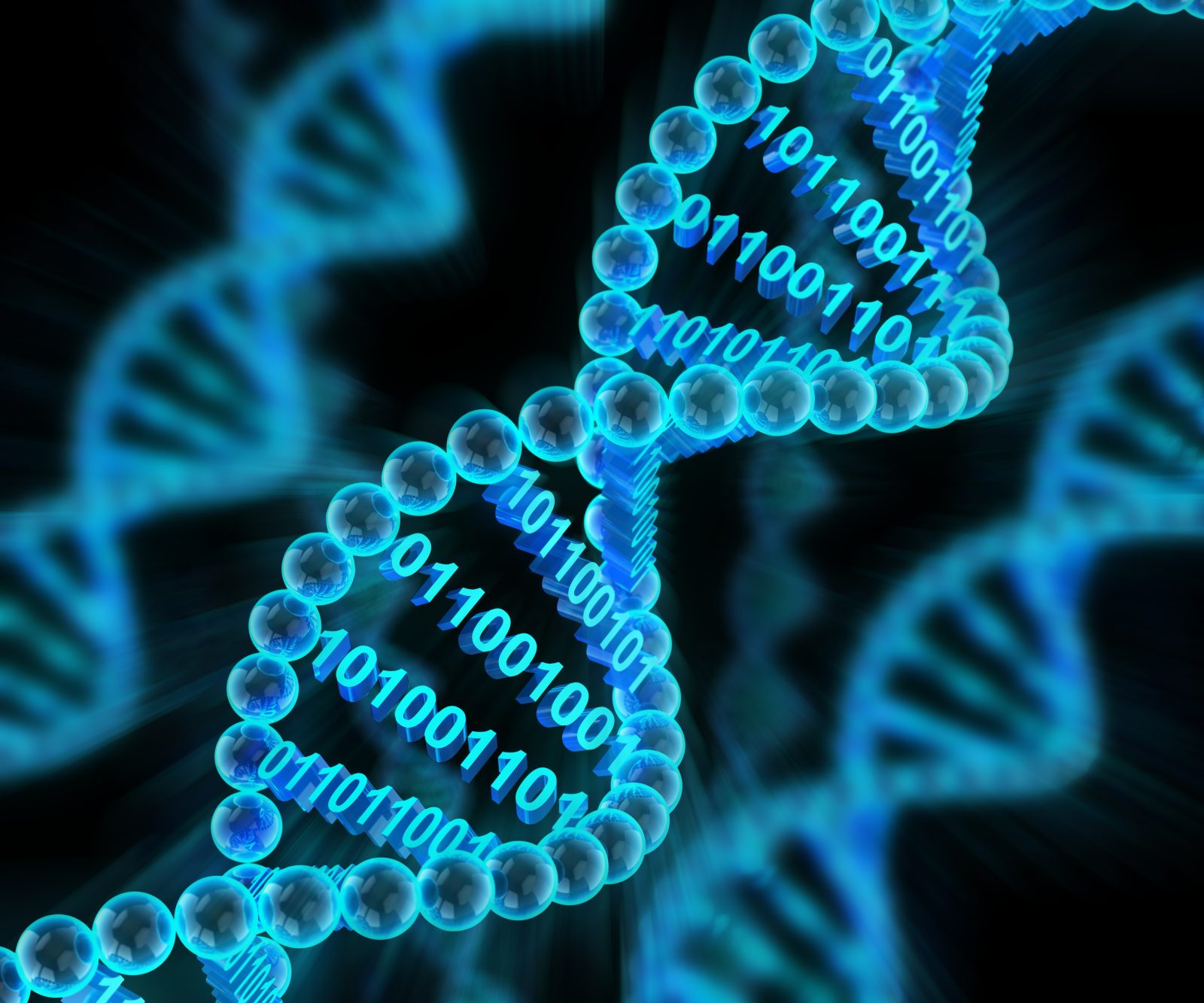
What Darwinism Fails to Explain about Business Enterprise
On today’s ID the Future, host Jay Richards talks with Eric Holloway about his recent Mind Matters article, “Can Darwinian Theory Explain the Rise and Fall of Businesses?” Why would anyone think Darwinian theory could explain business ups and downs? Holloway explains, and also notes that there’s an entire sub-discipline, organizational ecology, dedicated to studying business from a Darwinian framework. Richards, who has published on Darwinism, design, economics, and entrepreneurship himself, also weighs in. Darwinism sees business as survival of the fittest, with natural selection playing an obvious role, but where do the businesses and the innovations come from in the first place? Here is where Darwinism really founders as a tool for understanding business and entrepreneurship, says Holloway. It’s a mistake shared by Communism and to disastrous results. If we’re to look for a framework that can make sense of creativity and innovation in business, we need to look to a very different framework, he and Richards argue. Here they draw on the perspective of tech entrepreneur Peter Thiel, author with Blake Masters of Zero to One.





